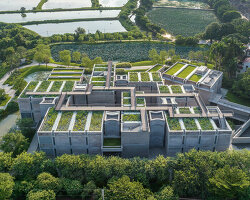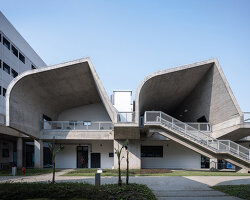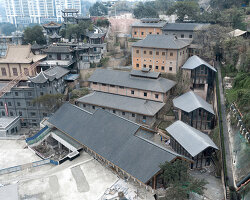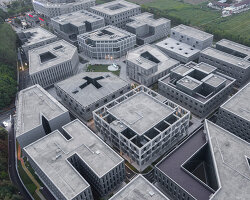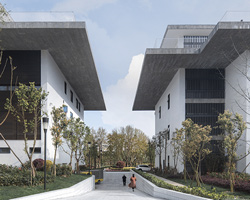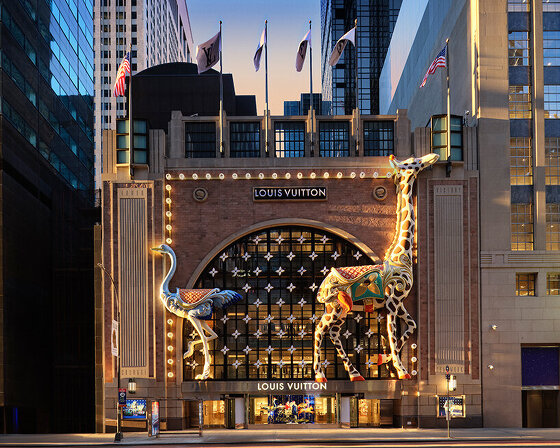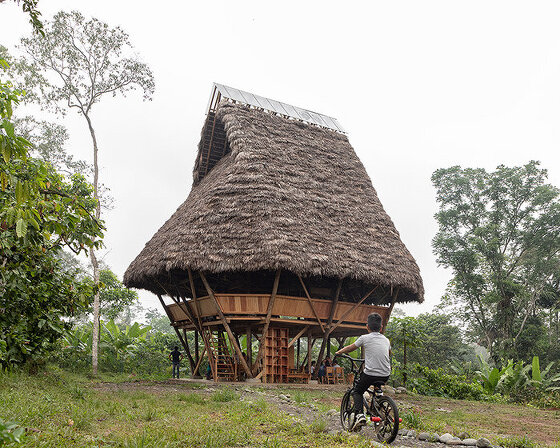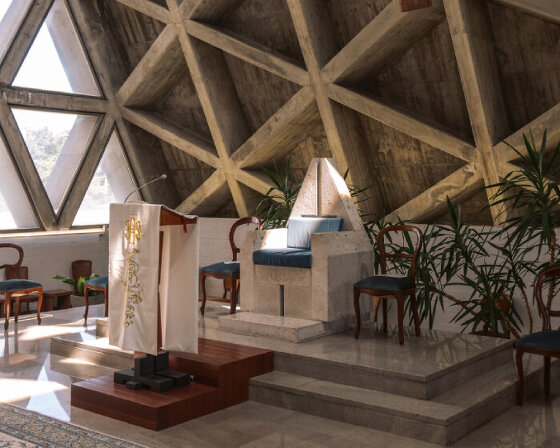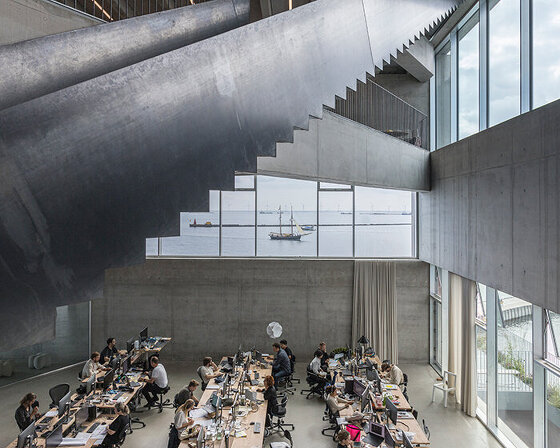KEEP UP WITH OUR DAILY AND WEEKLY NEWSLETTERS
happening this week! holcim, global leader in innovative and sustainable building solutions, enables greener cities, smarter infrastructure and improving living standards around the world.
PRODUCT LIBRARY
comprising a store, café, and chocolate shop, the 57th street location marks louis vuitton's largest space in the U.S.
beneath a thatched roof and durable chonta wood, al borde’s 'yuyarina pacha library' brings a new community space to ecuador's amazon.
from temples to housing complexes, the photography series documents some of italy’s most remarkable and daring concrete modernist constructions.
built with 'uni-green' concrete, BIG's headquarters rises seven stories over copenhagen and uses 60% renewable energy.
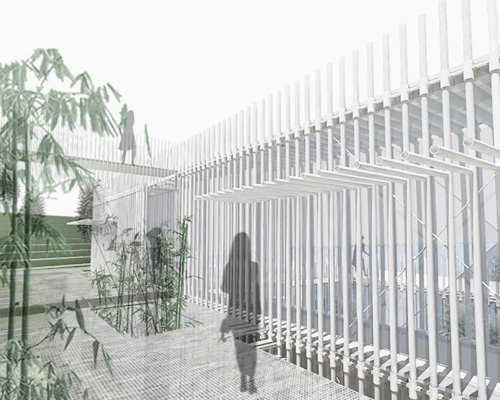
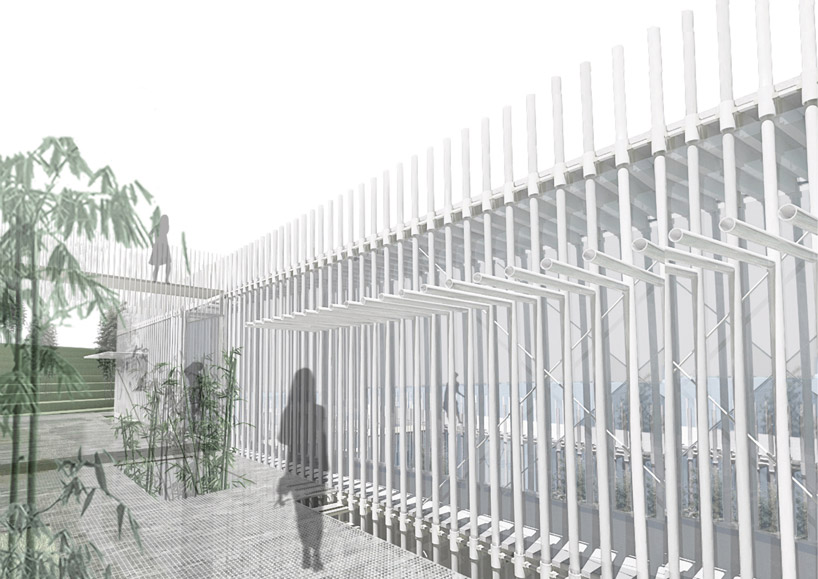 garden
garden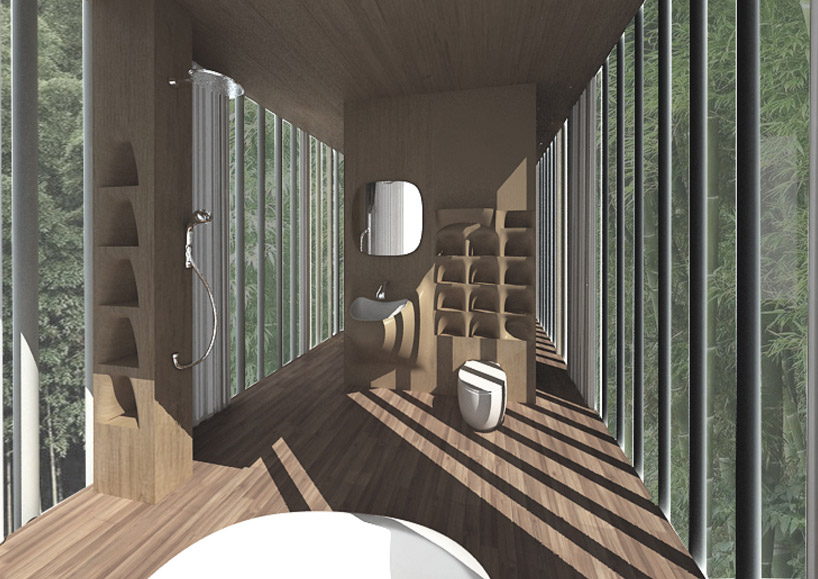 bedroom
bedroom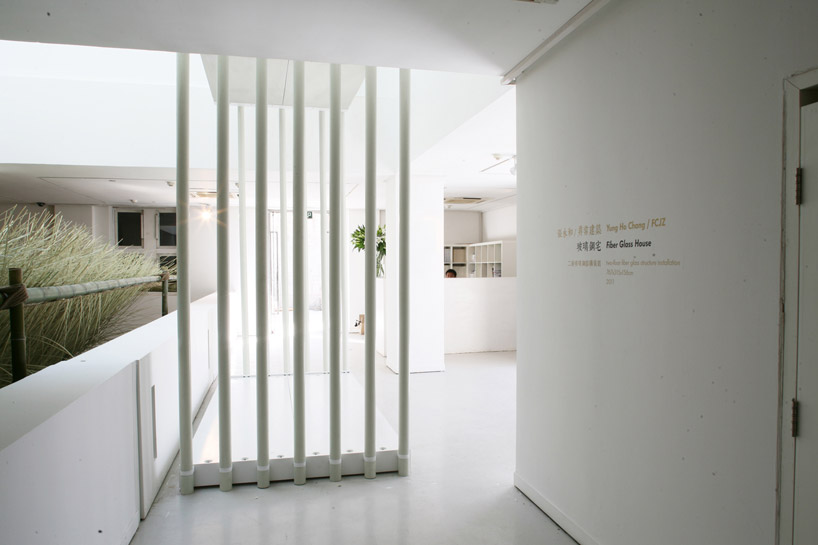 building segment
building segment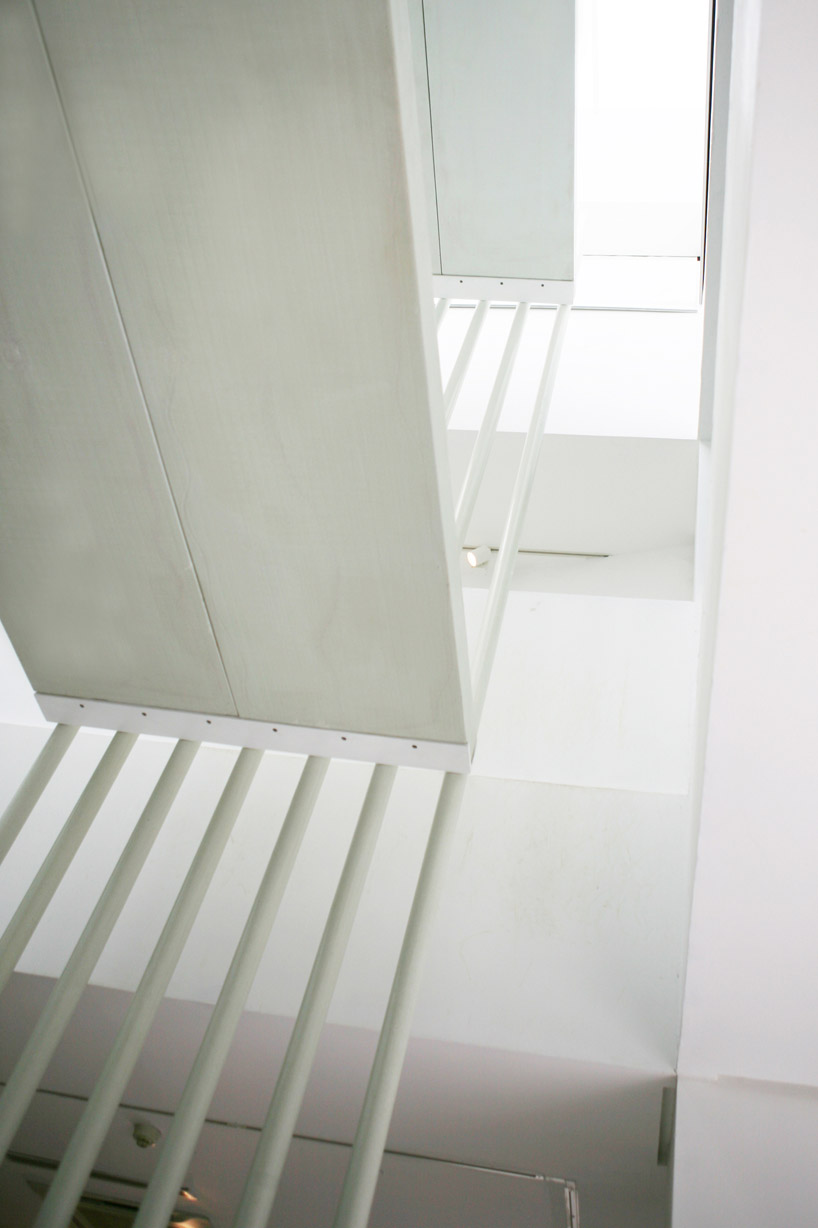 building segment
building segment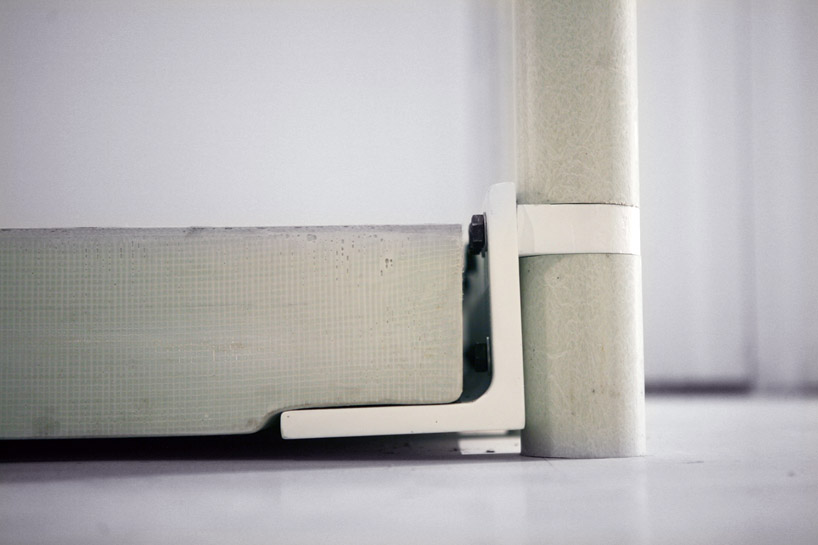 detail
detail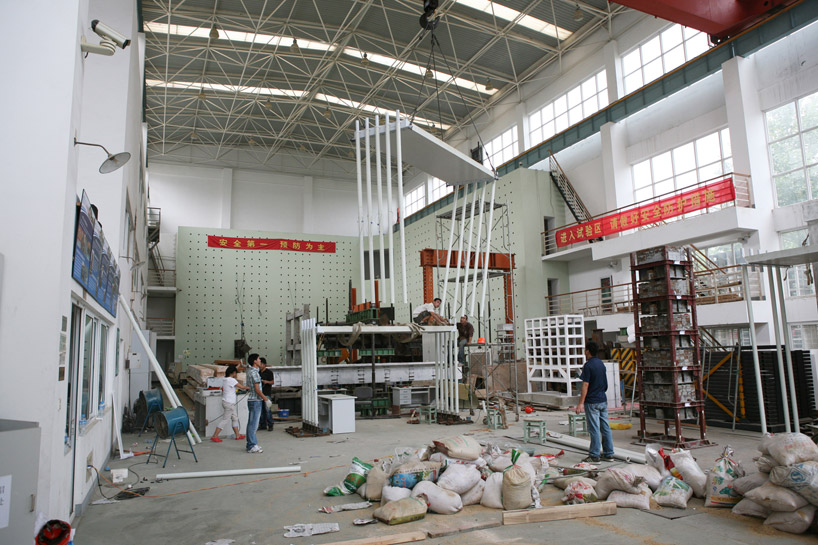 preparing for testing
preparing for testing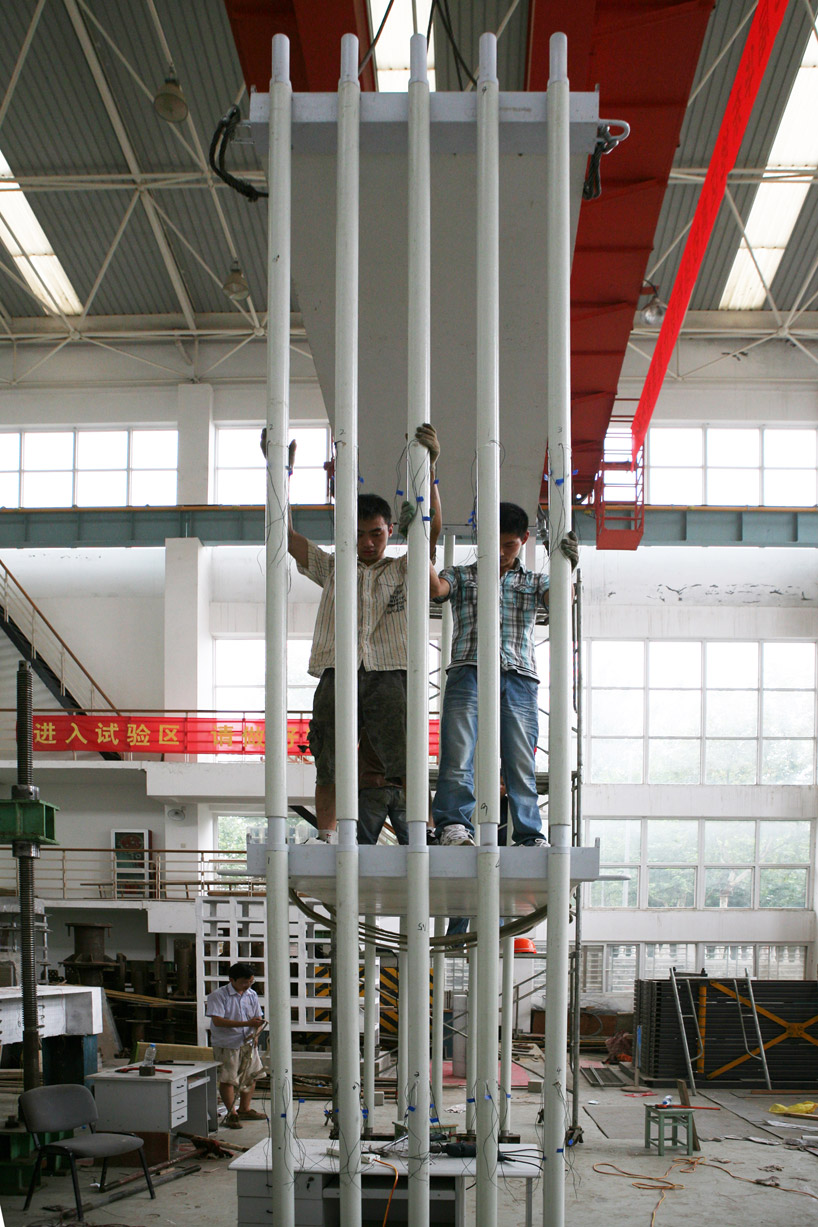 installation + orientation
installation + orientation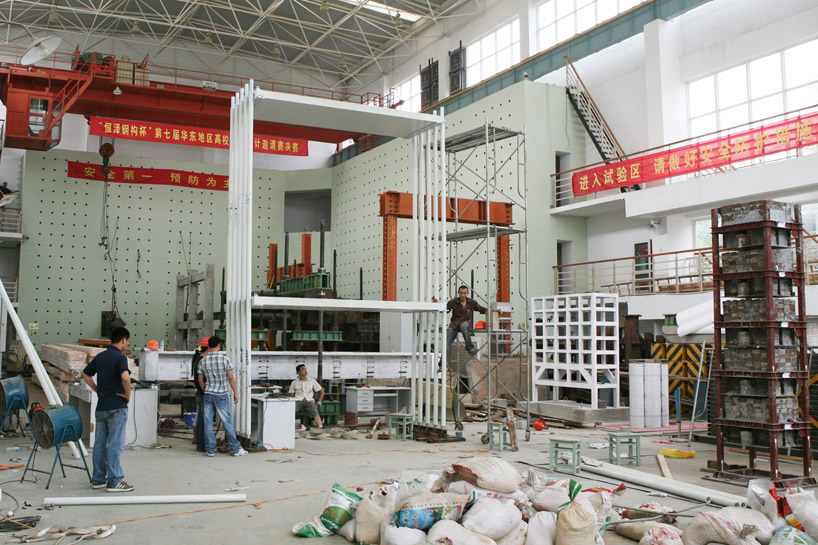 testing for 2 levels structure unit
testing for 2 levels structure unit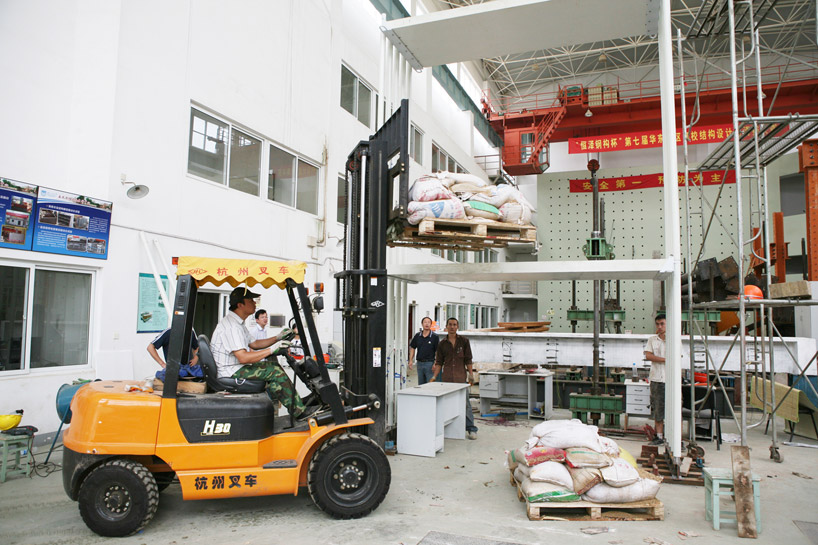 level 1 load
level 1 load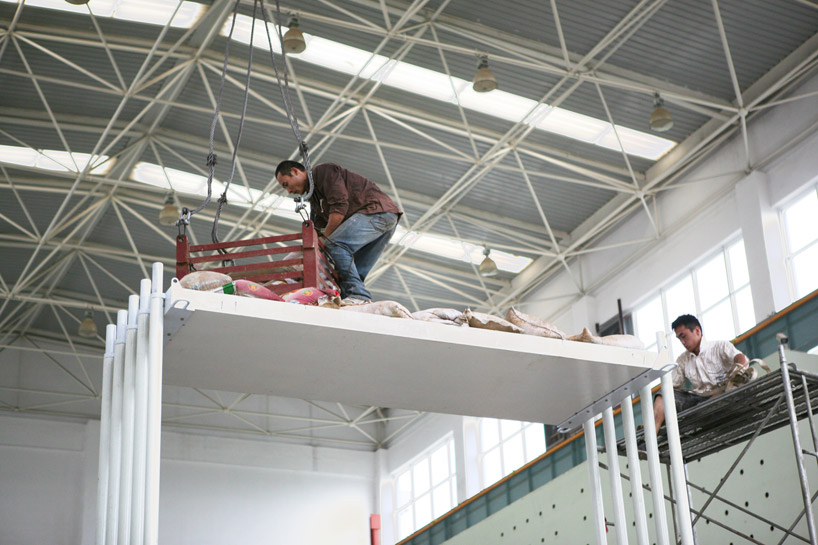 level 1 load
level 1 load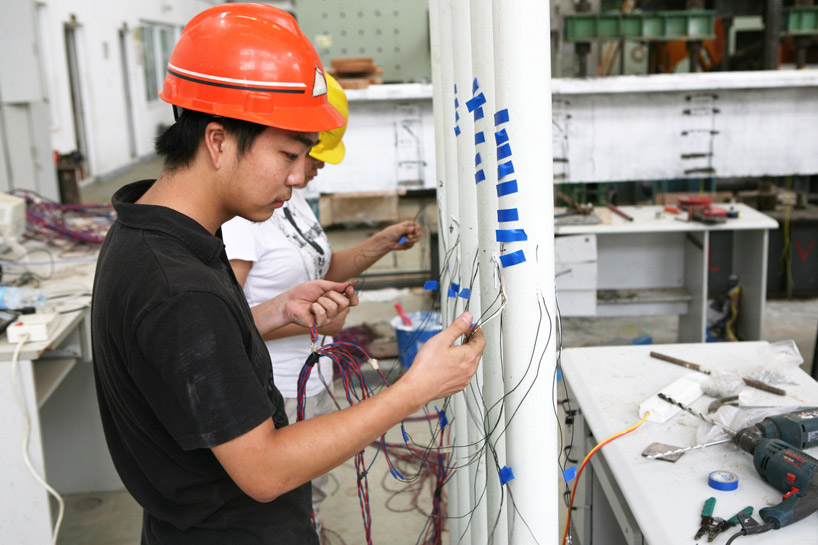 data collection
data collection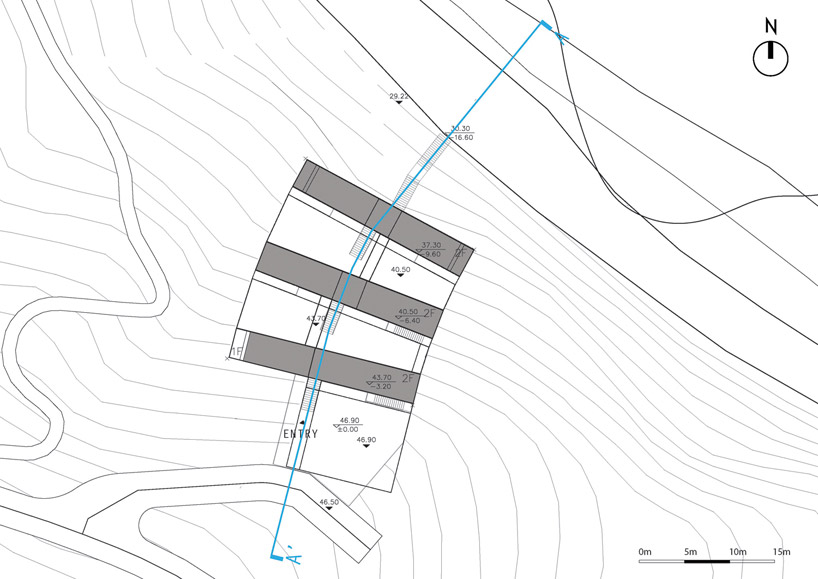 site plan
site plan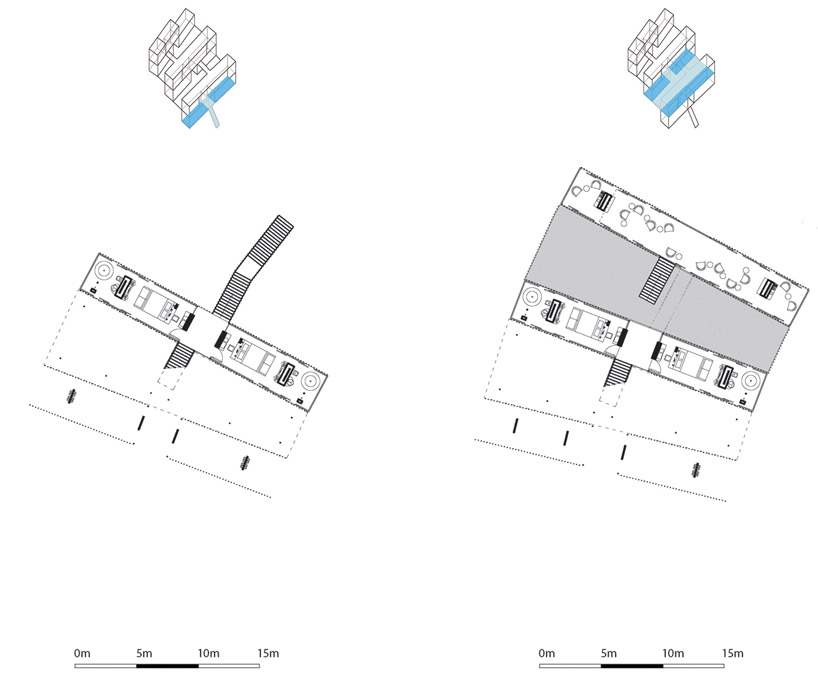 (left) floor plan / waterside level 1 (right) floor plan / waterside level 2
(left) floor plan / waterside level 1 (right) floor plan / waterside level 2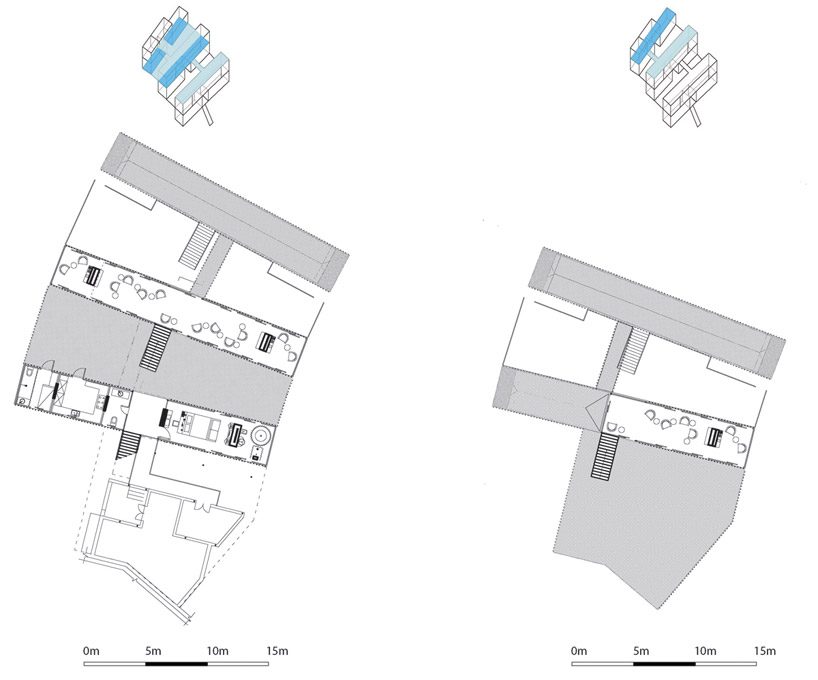 (left) floor plan / central level (right) floor plan / entry level
(left) floor plan / central level (right) floor plan / entry level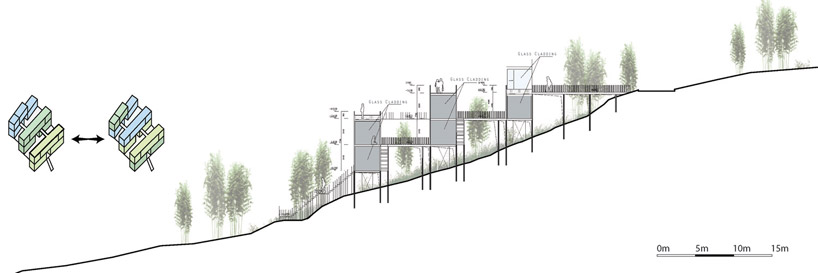 section
section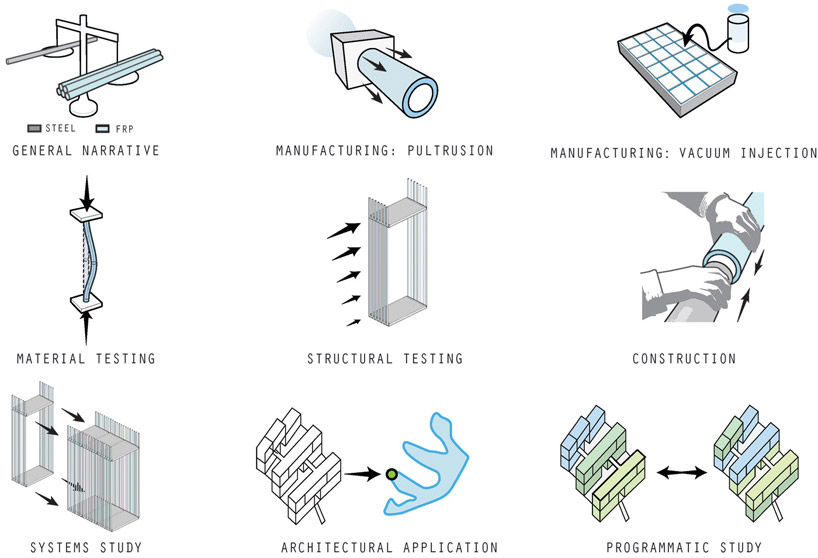 research framework
research framework general narrative
general narrative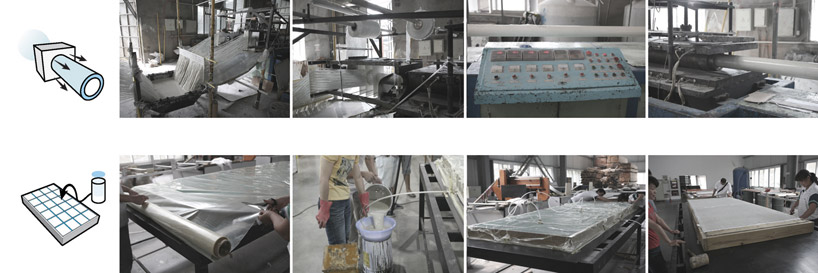 manufacturing
manufacturing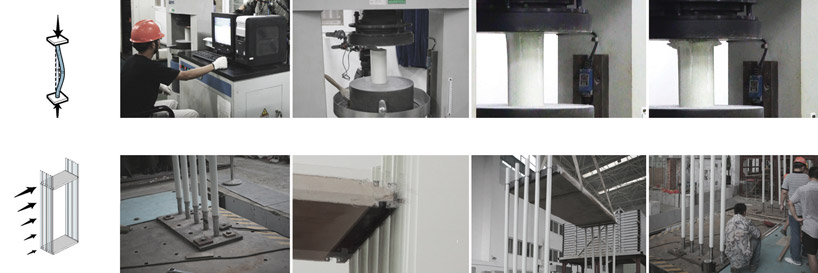 material + structural testing
material + structural testing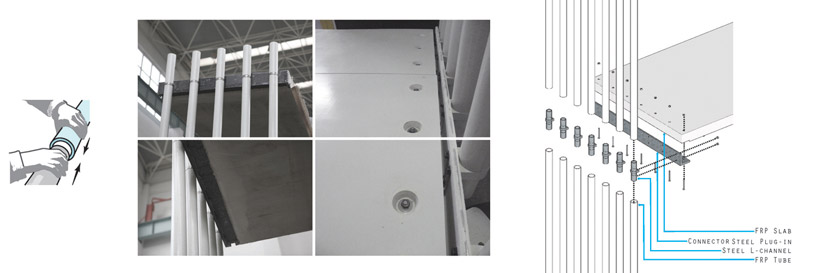 construction
construction system study
system study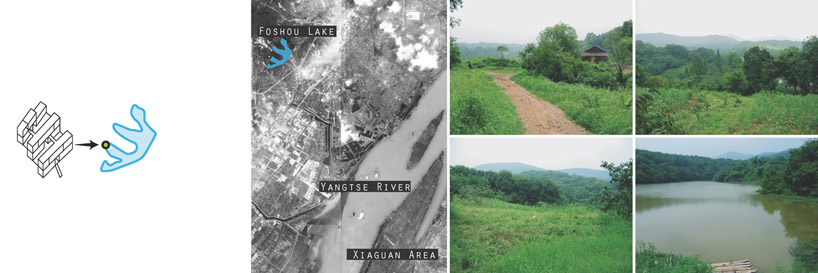 architectural application
architectural application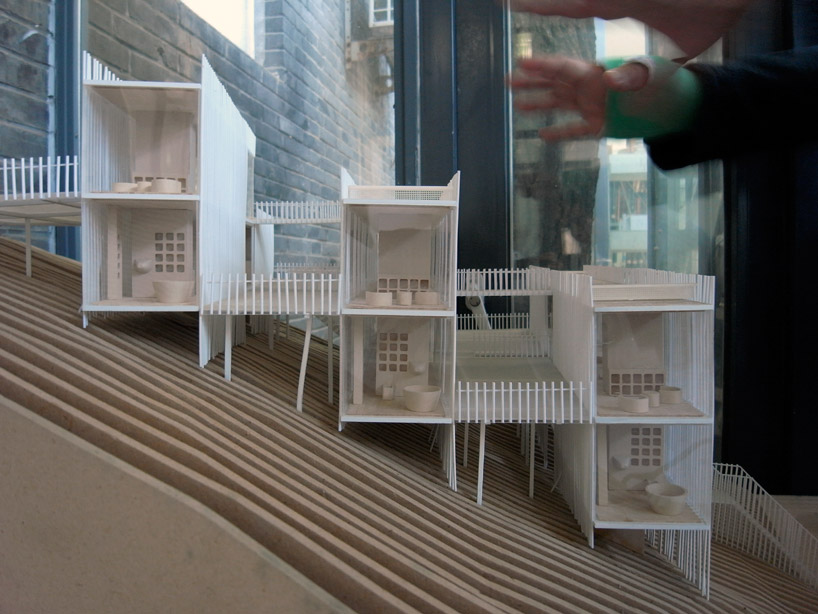 model in atelier FCJZ’s beijing studio image © designboom
model in atelier FCJZ’s beijing studio image © designboom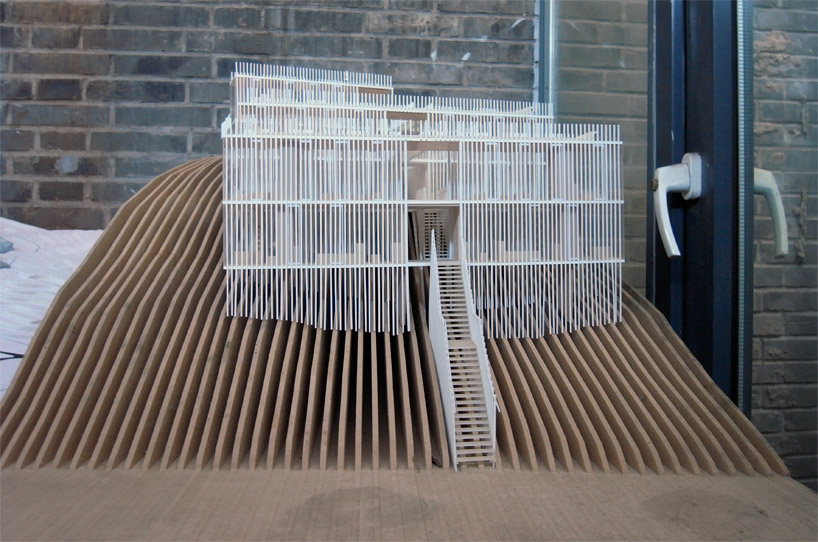 model in atelier FCJZ’s beijing studio
model in atelier FCJZ’s beijing studio

